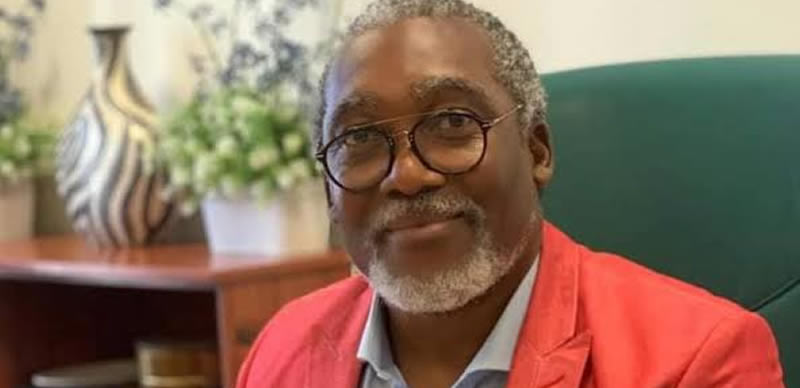The 2025 Unified Tertiary Matriculation Examination (UTME), a crucial gateway for aspiring university students in Nigeria, has been mired in controversy, sparking calls for its outright cancellation. Iduma Igariwey, a member of the House of Representatives and leader of the South-East Caucus, has been a vocal critic of the examination’s conduct, citing what he terms a “catastrophic institutional failure” by the Joint Admissions and Matriculation Board (JAMB), the body responsible for administering the exam. The controversy stems from JAMB’s admission that significant technical glitches and human error necessitated a retake of the exam for almost 400,000 candidates, an unprecedented occurrence in the history of the examination. Igariwey argues that this large-scale disruption compromised the integrity and fairness of the UTME, disenfranchising students who had diligently prepared for the initial examination date.
The core of Igariwey’s argument revolves around the scale and impact of the technical issues experienced during the initial UTME administration. He contends that requiring nearly 400,000 students to retake the exam is not merely a logistical challenge but a fundamental breach of trust and fairness. Students who had invested time, effort, and resources into preparing for the exam were suddenly faced with the added burden and stress of a retake, potentially impacting their performance and chances of securing admission to their desired universities. This, according to Igariwey, undermines the very purpose of the UTME, which is to provide a standardized and equitable platform for assessing prospective university students.
Further exacerbating the situation was JAMB’s decision to schedule the retake a mere 48 hours after announcing the initial technical issues. This rapid turnaround, Igariwey argues, compounded the problems for many candidates, particularly those from remote areas or facing financial constraints. The short notice made it logistically impossible for a significant number of students to travel to designated examination centers, effectively excluding them from the retake and jeopardizing their academic futures. Igariwey criticizes JAMB’s hasty rescheduling, asserting that the board should have prioritized a thorough investigation into the root causes of the technical problems before subjecting students to another round of testing.
Adding fuel to the fire was the lack of transparency and accountability from JAMB in the aftermath of the initial technical failures. Igariwey points out that JAMB has not adequately addressed the concerns raised by students and stakeholders about the nature and extent of the problems. He demands a thorough investigation into the technical glitches and human errors that led to the disruption, emphasizing the need for transparency and accountability from the examination body. He questions JAMB’s decision to proceed with the retake without first demonstrating that the issues had been resolved and preventative measures put in place to prevent a recurrence.
The South-East Caucus of the 10th House, led by Igariwey, has taken a strong stance, demanding not only the cancellation of the 2025 UTME but also the resignation of JAMB Registrar, Prof. Ishaq Oloyede. They argue that Oloyede’s leadership has failed to ensure the smooth and equitable conduct of the examination, and that his resignation would be a necessary step towards restoring public confidence in JAMB’s ability to administer the UTME effectively. The caucus’s demands reflect the widespread frustration and concern among students, parents, and educators about the disruptions to the 2025 UTME and the perceived lack of accountability from JAMB.
While JAMB Registrar Prof. Ishaq Oloyede has acknowledged the technical issues and offered an apology, attributing the problems to human error, this has not assuaged the concerns of critics like Igariwey. The call for Oloyede’s resignation and the cancellation of the 2025 UTME highlights the deep-seated distrust in JAMB’s ability to conduct a fair and credible examination. The controversy surrounding the 2025 UTME underscores the crucial importance of transparency, accountability, and robust technological infrastructure in administering high-stakes examinations that have significant implications for the future of aspiring university students. The ongoing debate raises critical questions about the future of the UTME and the need for comprehensive reforms to ensure that the examination serves its intended purpose of providing a fair and equitable pathway to higher education for all eligible candidates.














